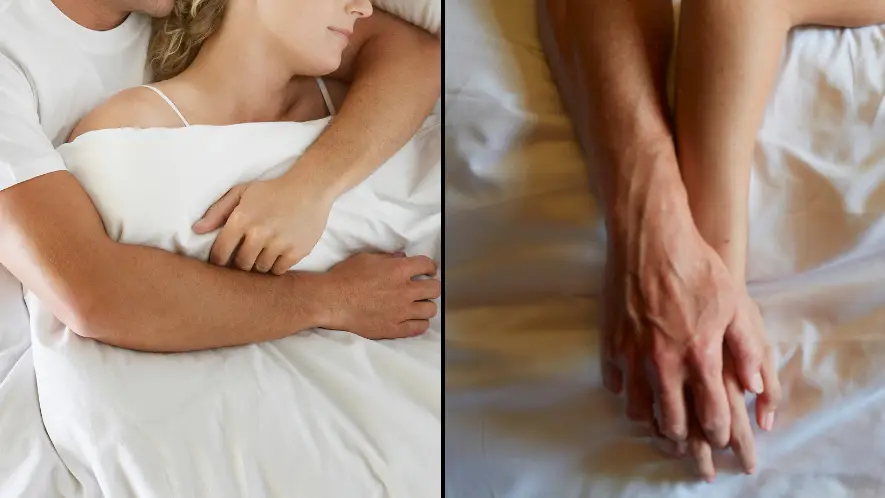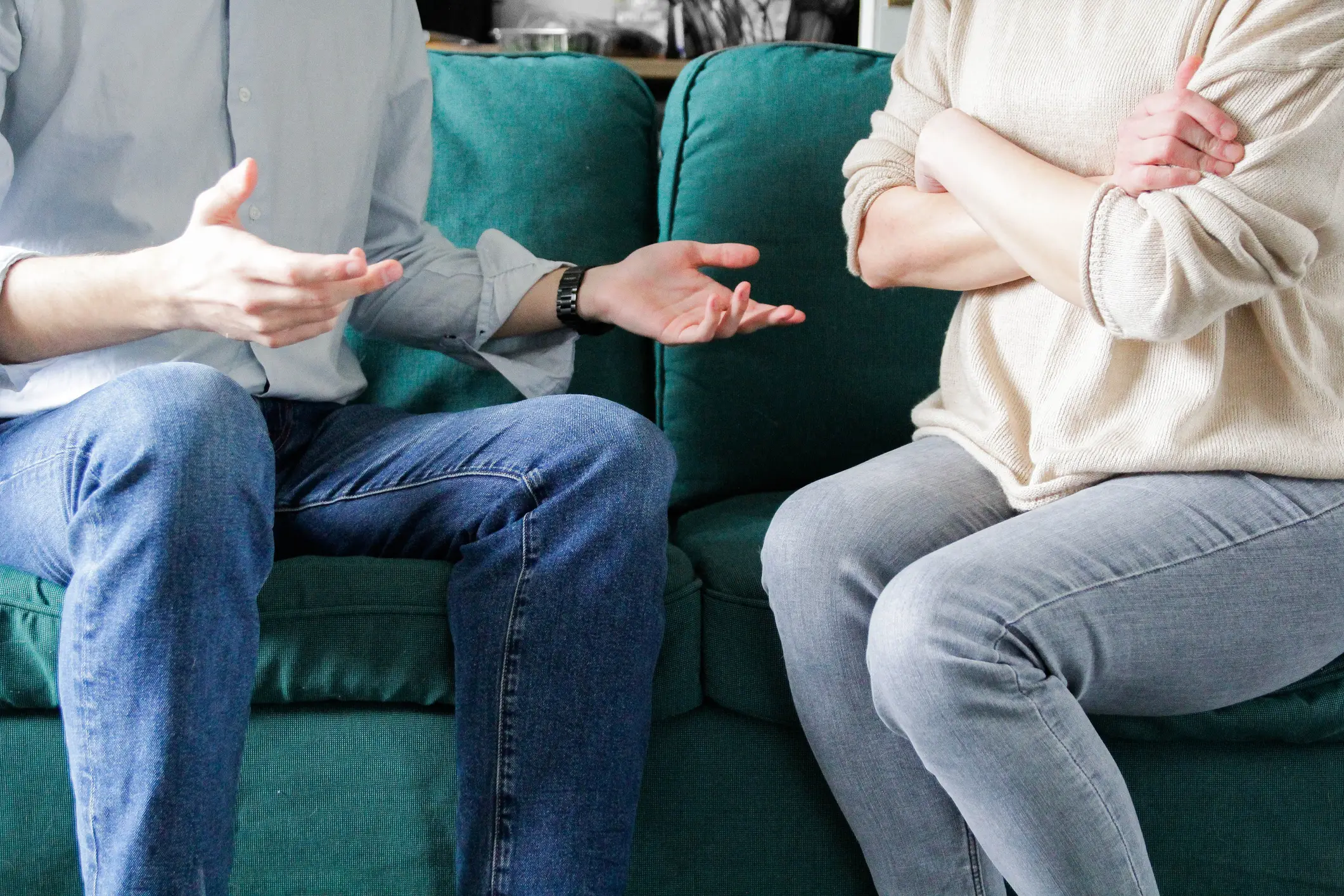
There are nine huge things to look out for in a relationship, which could mean that your partner is being 'cushioned'.
As nice as that may sound, it could actually be detrimental for you and your partner's future if you aren't careful.
Relationships are a lot of work and commitment, and cushioning is a practice that is usually carried out by people who are scared of both of those things.
Advert
Cushioning is when an individual maintains flirtatious connections with other people while being in a committed relationship, effectively providing a safety net, a back up, or a cushion if the relationship doesn't work out.
If your partner is cushioning, then they are keeping potential romantic interests on hold, which can be due to a number of motives, from a fear of being alone to insecurities.
They may just be protecting themselves from heartbreak, but why do people do it exactly, and what are the signs?
Well, there are nine main ones to look out for, which you can bear in mind if you suspect that something fishy is going on with your partner.
Being secretive
If you notice that your partner is trying to hide their phone and avoid questions about recent conversations, they may be displaying the act of cushioning.
It could go beyond hard evidence like text messages and Instagram DMs, potentially showing in hesitance to speak about specific details about specific people or events.
Needing to be secretive comes from the fear of being caught, and the behaviour displayed is a protective measure to stop ongoing conversations or flirtations from being revealed, as cushioning is a covert activity, after all.
Talking about others often
Constantly talking about specific 'friends' often without a clear context or spending a lot of time talking or texting about them is often a red flag, as it differs from talking about friends, as the may unnecessarily bring up certain people.
If someone talks about these individuals often, the person might be trying to justify their presence in their life to ease any suspicion, or maybe subconsciously voice their growing connection with the so-called 'friend'.

Becoming distant
Emotionally distancing themselves can be more brutal than physically distancing in some cases, as though your partner is physically there, they may be thinking about something or someone else instead of being there in the moment with you.
Distance may come from the guilt of cushioning or an emotional shift towards their 'cushioning' prospects, while the possibility of them feeling confused about their feelings might also be an explanation.
Being overprotective of personal devices
A sudden change in behaviour towards personal devices like a phone or laptop might me a sign of cushioning.
This could be them changing the passwords or becoming nervous when you get near their phone - especially with social media and digital communications being the primary way of contacting people, cushioning features texts, calls and DMs, which they will want to safeguard.
Being vague about their location
Unclear or complicated explanations about what they're doing in their free time or actively avoiding questions about where they have been can be worrying.
They could, of course, be spending time with their 'cushions' or being afraid that the truth might lead to suspicion or conflict with the other person.
Decrease in intimacy
One of the most important things in a relationship, a drop in emotional and physical intimacy and feelings of growing apart can highlight what's really going on.
As their attention is split between different people, their emotional output may be going somewhere else, which results in less intimacy in their primary relationship.

Being overly defensive
Simple questions about their day or certain people that are met with defensive responses can be a tell-tale sign that something is going on, as defensiveness can come from the guilt or worry that they will be find out.
Overreactions could also be defence mechanism for them.
Altered communication patterns
They may have been warm, loving and frequent in their personal interactions with you, but they may have quickly turned cold, infrequent or impersonal - another sign of cushioning.
Again, investing their time and effort elsewhere will emotionally tire them out, making communication with the primary partner a lot harder than once was.
Flirty behaviour
The final sign to look out for is if you see your partner being obviously flirtatious with other people, especially on platforms such as social media or messaging apps.
It may be a cause for concern, as cushioning involves nurturing any potential romantic interests, with flirtation a huge way to keep these prospects engaged and close to them.
Topics: Sex and Relationships, Community